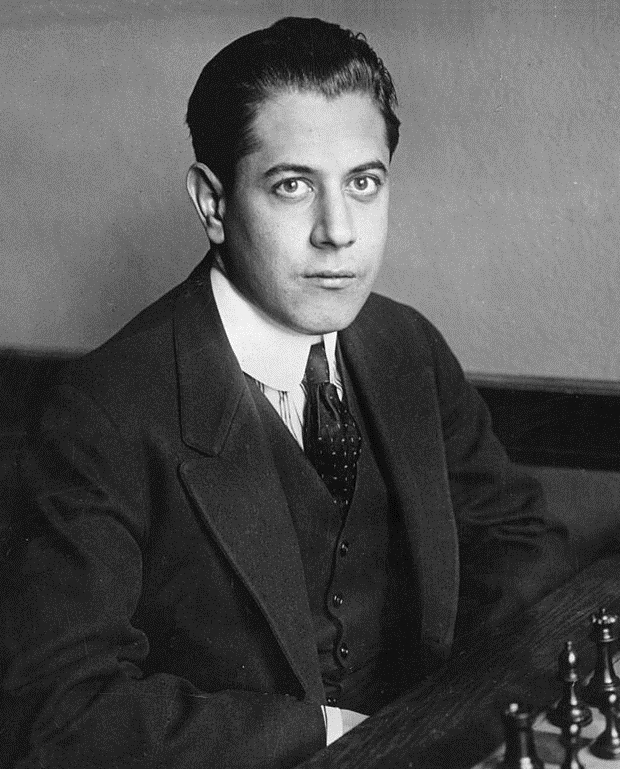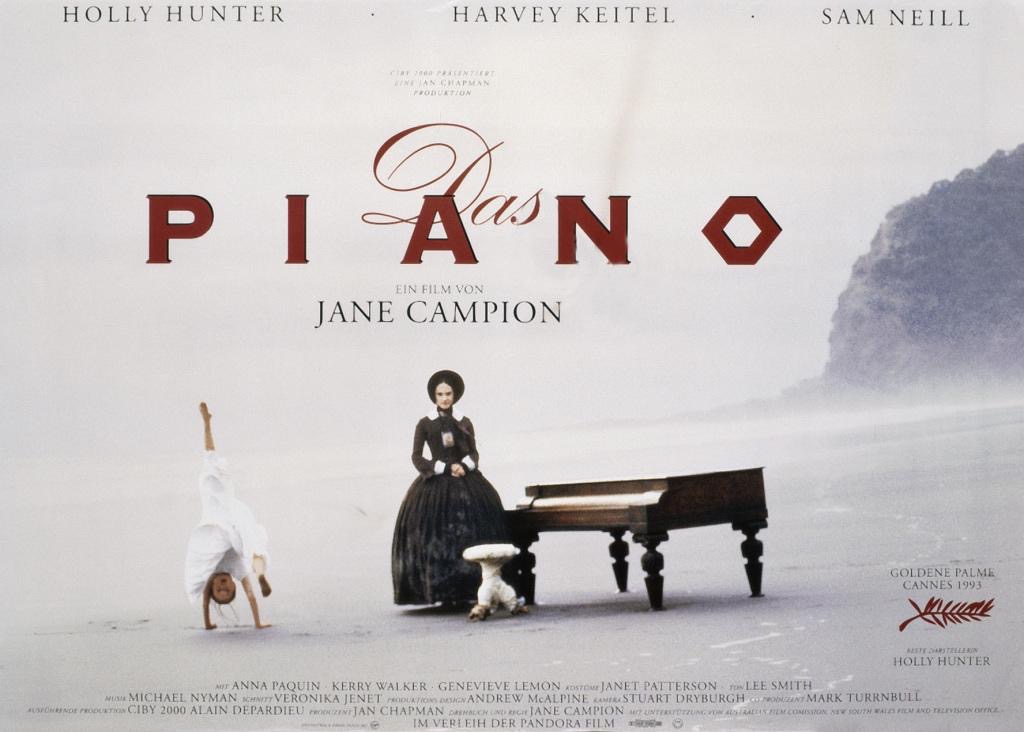The Ghosts of the Board: Would a Chess Grandmaster from a Century Ago Survive Today?

The pieces are set, the clock is ticking, and across the board sits a legend—José Raúl Capablanca, the Cuban world champion, a master of endgames, a genius of effortless precision. His hands hover over the board, poised to strike with the natural elegance that defined his era. Yet, as the game unfolds, something feels off. His opponent, a modern grandmaster, barely seems to think. Every move is met with a response that feels cold, mechanical, and devastatingly precise. Capablanca plays like a human; his opponent plays like something beyond that.
This is the reality of chess today.
A century ago, chess was a game of intuition, creativity, and deep positional understanding. Masters like Capablanca, Emanuel Lasker, and Alexander Alekhine dominated with their ability to see patterns, predict their opponents‘ plans, and exploit weaknesses through sheer strategic brilliance. But the chess of today? It is something else entirely. The rise of computers has transformed the game, shifting the emphasis from artistry to preparation, from inspiration to calculation.
A Game Rewritten by Machines
For most of chess history, the best move in any position was a matter of debate, experience, and educated guesses. A player’s strength was measured by their ability to navigate uncertainty. But today, uncertainty barely exists. Chess engines—armed with unfathomable processing power—have revealed the absolute truth of the game. There is no need to guess. There is no need to trust instinct. The best move is simply known.
In this new era, the highest levels of play are dictated by those who can memorize and execute the most optimal sequences. A single lapse in preparation can mean immediate defeat, and the once-revered ability to „outplay“ an opponent in a fair fight is vanishing. Even Bobby Fischer, one of history’s most creative players, saw this shift coming decades ago:
> “I hate chess today. It’s all about memorization, it’s all about pre-arrangement… creativity is lower down on the list.”
For a player like Capablanca, stepping into a modern tournament would be like a poet from the Renaissance trying to compose in a language they’ve never heard before. He would face opponents who had trained not just against humans but against gods—superhuman algorithms that have analyzed every opening, every endgame, every subtle nuance of the board to a depth he could never have imagined.
The Death of the Romantic Era
The beauty of Capablanca’s play was his simplicity. He didn’t rely on brute-force calculations but on elegance, fluidity, and an intuitive grasp of positions. In his time, that was enough to dominate. Today, it would be a fatal flaw. Modern grandmasters, raised in the age of Stockfish and AlphaZero, have absorbed decades of computational knowledge. They don’t just think—they recall. They execute. They have seen every position before, not once, but thousands of times, burned into memory through endless hours of engine-assisted study.
It’s not that Capablanca wasn’t a genius—he was. It’s that the rules of engagement have changed. The game has evolved beyond the reach of even the greatest minds of the past. Today’s players are not necessarily smarter, but they are armed with knowledge that was once unknowable.
Could the Past Ever Catch Up?
If Capablanca were born in this era, given the same tools and training, there’s little doubt he would rise to greatness once more. The best minds always adapt. But if he were transported exactly as he was, from 1920 to 2025, and dropped into a modern tournament? The answer is clear:
He wouldn’t stand a chance.
Quelle: Facebook Posting meines Freundes Thomas Pöll am 11.2.2025


















